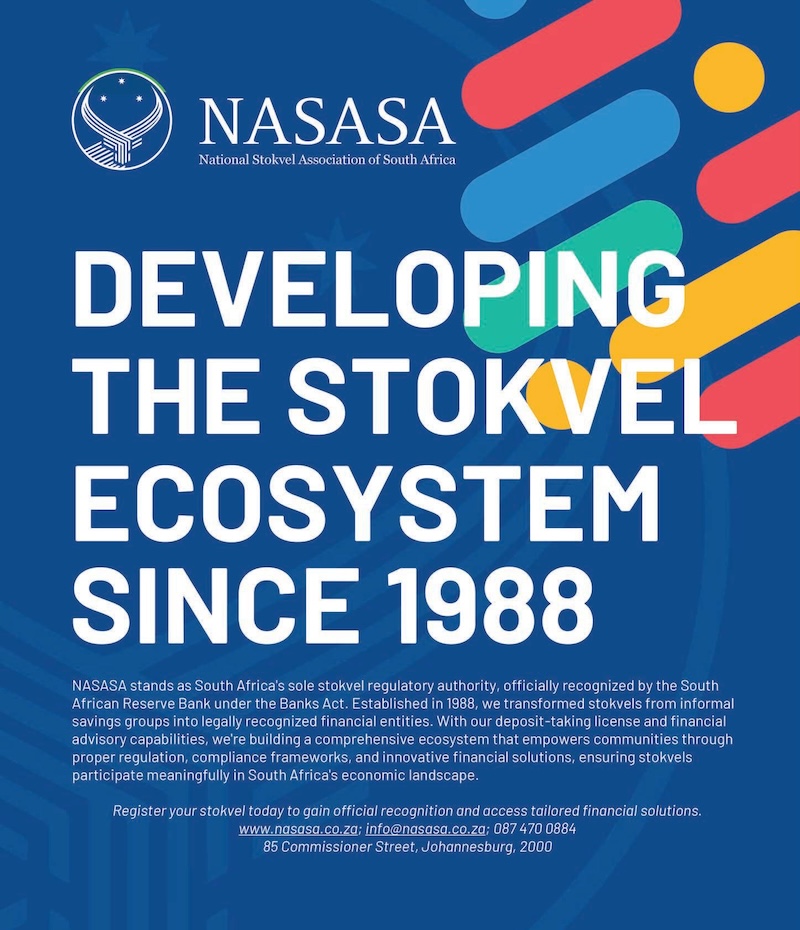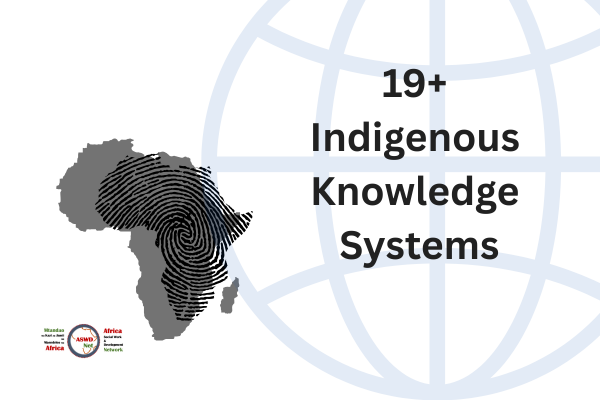Our Ubuntu-inspired Comments Policy
You are able to comment in the boxes provided on the website on webpages or blog posts. You will need to sign in or create an account to comment. We are happy if readers comment and engage with our pages or posts, and hugely appreciate complements, questions, critical commentary, agreements or disagreements as long as they are expressed respectfully.
We moderate comments to ensure that there is no spam and only respectful messages are posted. We do not remove critical or opposing content as long as it meets our policy. If 48 hours passes without your comment released, please email us.
Policy
Identity: Use your name or respect name (a name from your tribal family which could be shared by other family members) and valid email. Email addresses won’t be shared.
Language: all African languages are acceptable. Where possible, please provide an English translation. We are not worried about the correctness of English language used.
Indigenous content: we promote indigenous content. Colonial content will be removed immediately.
Limit links: no more than one link is allowed per post.
Responsibility: you have a responsibility to share knowledge or correct misinformation. We have the right to moderate, edit, delete remove inappropriate comments.
Reciprocity: we believe knowledge is shared, and no one knows it all. Please view all comments as contributions.
Respect: use respectful communication all the time. Avoid attacking writers or commentators. Respectful words or statements to start or end your comment:
- Thank you for sharing your thoughts….
- I would like to add that….
- Further to what you said….
- I think an important left out was…because…
- Allow me to share my view, which is different from the one you shared. My view is….
- I would want to refer you to this book or article by … for more information on…
- How about including this… or excluding this….
- With all due respect, I would want to correct this…
- Asante Sana | Thank you
Out policy is guided by Ubuntu values below.
Asante Sana – ASWNet Admin
Ubuntu Values
- Relations (ukama) – valuing parents, blood relations and tribal family; social, cultural, spiritual, economic and political relations.
- Culture (umuco/isiko) – valuing the way we do things (food, language, dress, knowledge, ethics, beliefs etc).
- Indigeneity (wazawa) – valuing being black Africans and being people of the African continent.
- Wholism/holistic (mzima/phelele) – valuing connection between people, their past and future, environment and spirituality.
- Justice and Freedom (uhuru) – valuing being free and independent from colonisation and injustice; valuing just laws and practices in relation to land, the environment, relations, economics, politics etc.
- Responsibility (mutoro) – valuing that we have a responsibility towards each other and future generations and a responsibility to our environment and responsibility to maintain relations (ukama).
- Community/collectivity (ujamaa) – valuing working together.
- Respect (girmamawa) – valuing humanity, treating a person as a person, elders, parents, land, ancestors and spirituality.
- History (sankofa) – look back to inform the future, reflect.



